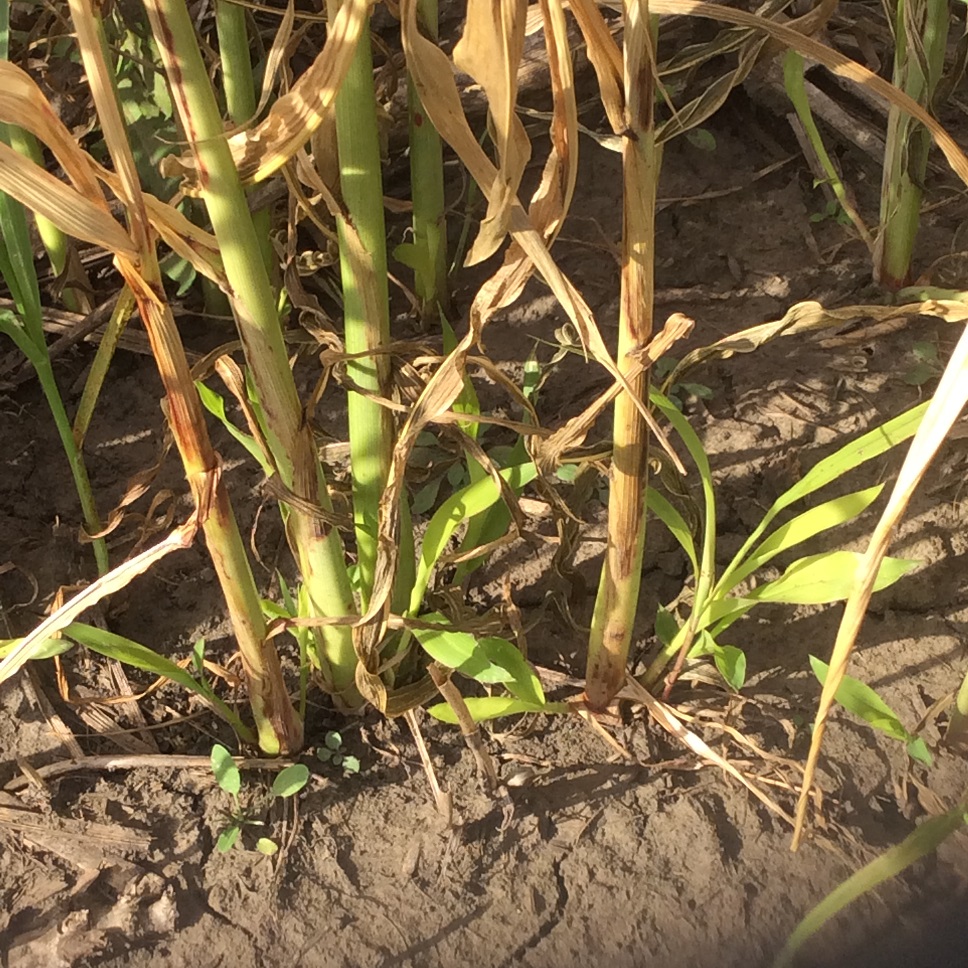
By Daren Redfearn, Nebraska Extension Forage and Crop Residue Specialist and Bruce Anderson, Nebraska Extension Forage Specialist
Many parts of Nebraska have recently had at least one night of below freezing temperatures. In some areas, temperatures have warmed back up and the sorghums have begun to regrow. The hydrocyanic acid (or prussic acid) in this new growth can be highly toxic to grazing cattle.
Prussic acid toxicity is considered to be more problematic during the summer months, but any new fall growth following a frost that kills only the plant tops can be toxic. Risk of prussic acid poisoning can be mitigated several ways. Prussic acid poisoning is dose-dependent -- both the amount and concentration of prussic acid in the diet as well as how rapidly it’s consumed will influence the likelihood of toxicity.
IMPORTANT QUESTIONS
• How long has it been since the freeze/frost?
• Can they consume enough of new regrowth so rapidly that it will cause an issue?
MANAGEMENT GUIDELINES
If in doubt, wait at least 7 days after a killing frost before grazing. This allows adequate time for the chemicals to be eliminated from the plants.
Do not graze hungry cattle on susceptible forages. If the new growth of a previously frosted plant is short and consists of only 1 or 2 new tillers, the likelihood of prussic acid poisoning is minimal. However, if there are 5 or more new tillers with growth of 4 to 5 inches, then the possibility of prussic acid poisoning increases markedly. The reason is that with the increased amount of new growth, grazing cattle could consume enough new growth to receive a lethal dose of prussic acid.
Even though the potential for prussic acid toxicity exists, careful management can be used to reduce livestock losses.
To listen to BeefWatch podcasts go to: https://itunes.apple.com/us/podcast/unl-beefwatch/id964198047 or paste http://feeds.feedburner.com/unlbeefwatch into your podcast app.